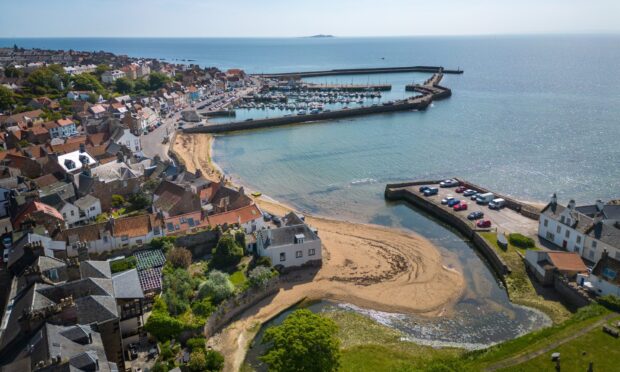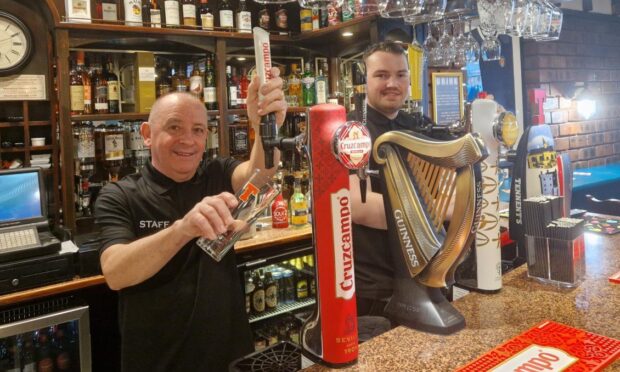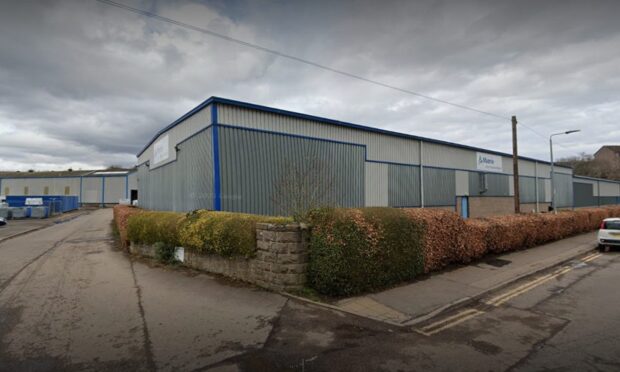Now that the Scottish Parliament is back in harness, the country’s business community is waiting anxiously to see how it will act to deliver the prosperity from which we can all benefit.
Our MSPs are gathering against a background of a struggling economy.
Scotland’s growth deteriorated during the second half of last year and was still weak early this year.
As it is oil and the industry that largely fuels the Scottish economy, disinvestment by offshore companies because of the low oil price was a major reason for the slump.
The oil price has rallied but at around $46 a barrel is still well below the $60 mark for North Sea development to be viable.
Scottish GDP grew by only 0.9% last year, with output rising by 0.1% in construction and by 0.3% in the dominant services sector, but contracting by 0.1% in the production sector.
The Bank of Scotland reported a deterioration in business conditions in the private sector due mainly to a sharp contraction in manufacturing.
The Scottish unemployment rate for the last quarter rose to 6.2% and was well above the UK rate of 5.1%.
The Committee of Scottish Clearing Bankers reported that the number of new business accounts opened last year was down by 1%, with the largest share of new businesses (29%) in the real estate, renting and other business category.
The Insolvency Service counted a 20% rise in company insolvencies in Scotland in the fourth quarter of last year.
Among other statistics, retail sales grew faster in the UK (3.7%) than in Scotland (2.2%) last year.
Yes, the Scottish economy did grow last year but the performance deteriorated markedly during the second half and into this year.
Uncertainty caused by last week’s Holyrood elections and the June EU Referendum may have contributed to the slowdown.
Now that at least the former is out of the way, the business community is waiting for our political leaders to lead the economy on to the firmer ground on which enterprise can thrive.
There may not be much that we can do to raise the price of oil to stimulate our economy, but there are other moves that can be made.
Not a bad place to start would be to act on the recommendations of the Scottish Chambers of Commerce.
They called for caution over the new tax raising powers to ensure Scotland’s rates of personal taxation are at least as competitive as in any other part of the UK.
If they are not talent could be driven across the border and economic investment could dry up.
Rates are a major burden to business and the review of the system must deliver a fairer system.
They also called for the Scottish Parliament to flex its muscles with the UK Treasury and lower the rate of VAT in the tourism industry.
They suggest 5%.
Many other EU nations have preferential rates for tourism and hospitality, and it is one of the Scottish economy’s strongest components with greatest potential to deliver prosperity.










